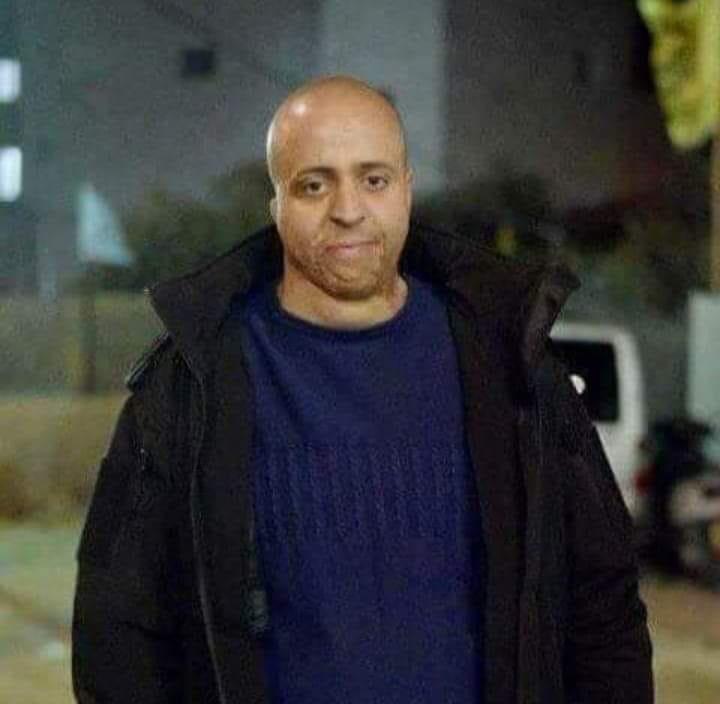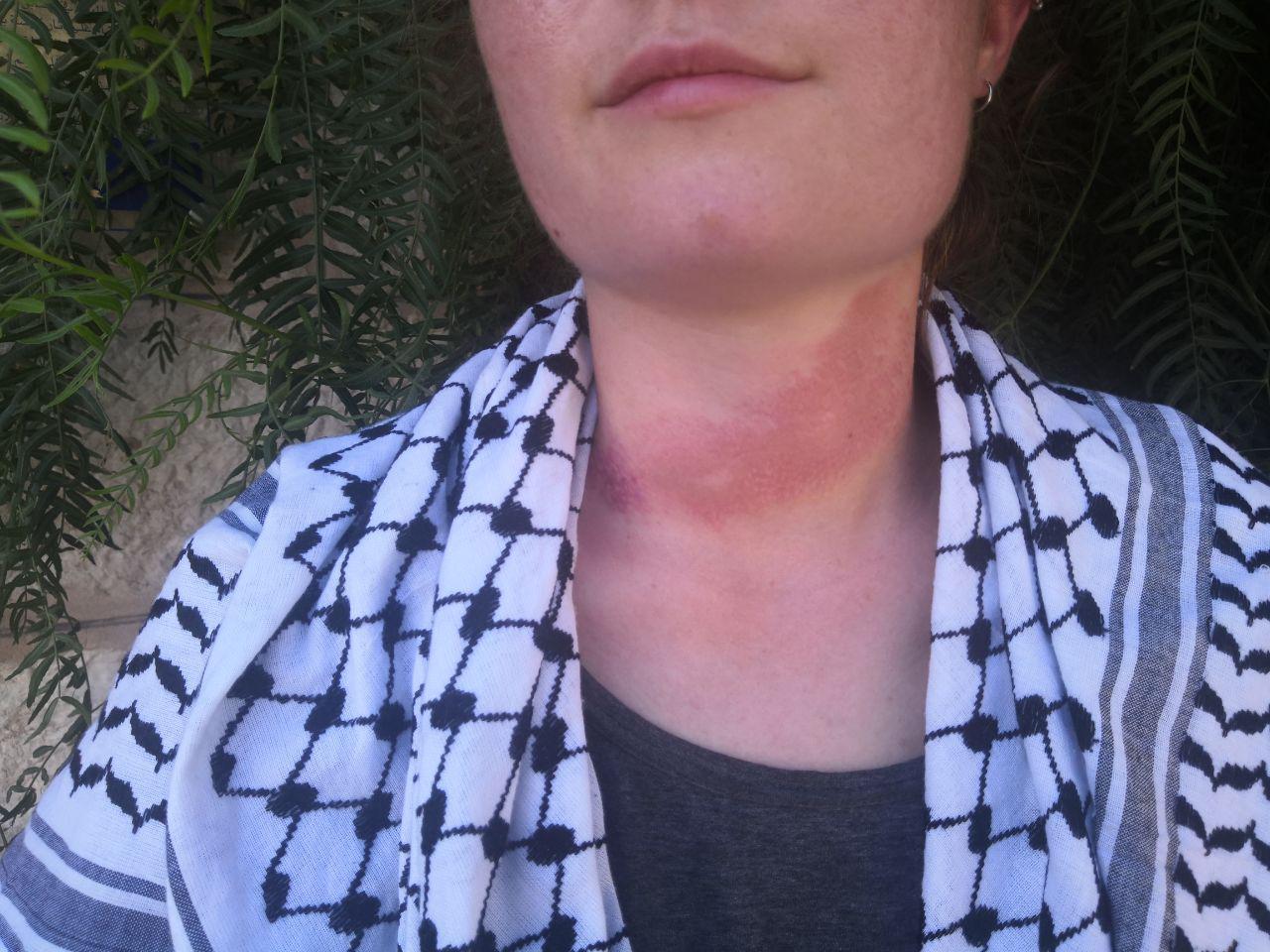-
Huzaifa Bader: Fighting for justice; fighting for his life
July 25 2019 | International Solidarity Movement | Abu Dis, Occupied Palestine On the morning of the 25th of July Huzaifa Bader, 27, was rushed to Ramleh Prison Hospital in the occupied West Bank after he had been on hunger strike for 25 days. With his health deteriorating and with no sign of progress in […]
-
Palestinians and British ISMers hospitalized in sadistic and brutal display of violence by Israeli soldiers in East Jerusalem demolition
July 23 2019 | International Solidarity Movement | Sur Baher, East Jerusalem occupied Palestine Two Palestinian families lost their homes yesterday in unprecedented mass demolitions in East Jerusalem carried out by 900 Israeli soldiers who hospitalized Palestinians and ISMers in a sadistic and brutal eviction operation. During the invasion of the two occupied buildings Israeli […]
-
Israeli human rights group proves military used live fire to shoot 9-year-old child in West Bank town
July 19 2019 | International Solidarity Movement | Kafr Qaddum, occupied Palestine An Israeli human rights group has proved that live fire was used by soldiers against the 9-year-old child who was shot in the head last Friday in Kafr Qaddum, exposing Israeli Military lies that none was used. The report by B’Tselem, published yesterday, […]
Action Alert An Nabi Saleh Apartheid Wall Arrests BDS Bethlehem Bil'in Cast Lead Demonstration Denial of Entry Ethnic Cleansing Farmers Gaza Global Actions Hebron House Demolition International law Israeli Army Jerusalem Live Ammunition Nablus Ni'lin Prisoner Ramallah Rubber-coated steel bullets Settlement Settlers Settler violence Tear-Gas Canister Video



